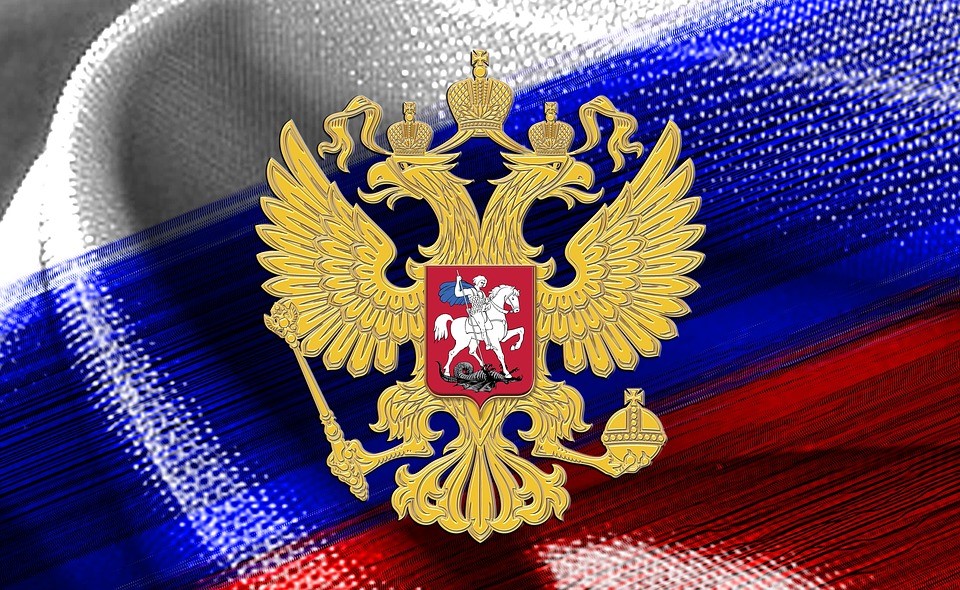American school children are taught stereotyping is bad. At first glance that sounds correct, but in reality, it can suffice as a short-term, interim solution to the challenge of understanding “the other.” When there is an unknown factor and no other information is available, stereotyping is the first line of human defense and provides a form of general understanding of our external environment. If one sees a person with a gun, our human senses alert us to potential danger. Our brains then gather additional information and “should” adjust our behavior to reflect the new information. Is the person in a uniform? Or, are they wearing a black ski mask over their face? In the international community the United States often is in a position where the only information we have about “the other” is stereotypical data. It may provide some general guidance, but more is required to increase the accuracy of our foreign policy assumptions and decision making.
Americans are at a great disadvantage in the world. Over 54% of Europeans are able to converse in more than one language and over 10% can speak at least three. With the study of foreign languages often comes improved cross-cultural understanding. There are over 380 languages spoken in American homes, yet most US citizens speak one. Only five percent claim to speak three languages and only 1.4% can converse in four. Our cultural knowledge and understanding of history is also severely limited. In today’s fragile international environment, Americans need to obtain a better cognitive understanding of the world around us and the ethnic groups within various foreign nation-states. Today we are facing geoeconomic conflict with China and a potential kinetic war in Europe with Russia, among other challenges. Yet the vast majority of Americans, and many of our leaders in Washington, have little knowledge of what goes on inside those nation-states.
The Russian Federation encompasses a number of ethnic and regional groups that challenge the leadership in Moscow. Yet Americans treat Russia as a simple black box with little indication of interest in what goes on inside it. Since the war in Ukraine last year Putin has taken additional steps, for example, to control its Cossack population. Few Americans know this group’s history or its impact on the Russian Federation. Many policymakers in Washington also stereotype this ethnic group. The US understands Russia as one country, although each July the country celebrates Captive Nations Week. The resolution actually speaks about occupied Cossakia and the Russian law on rehabilitating nations that were repressed in Soviet times. The name Cossack, or Kazak, is a Turkish word meaning “free man” or “adventurer.” The dialect they often speak is the Kuban-Black Sea Balachka which started as a central Ukrainian dialect, ot a Russian one. There were a number of Cossack uprisings against the Russian Empire during the 16th, 17th, and 18th centuries. Today they remain the most serious ethnic challenge to Kremlin rule inside the Russian Federation, according to Paul Goble of the Jamestown Federation.
Putin is attempting to control the Cossacks using census manipulation and the creation of regime-controlled Cossack organizations to repress the ethnic group. As “free men” they are becoming more active and leaving the Kremlin with few effective policy options, according to a Free Nation League article last November. North Caucus Weekly, according to Goble, reports that “Since the end of the Soviet Union, Moscow has viewed the Cossacks as both an opportunity and a danger, and this combination has often confused observers as to what exactly is the Kremlin’s overarching plan.”
Counted as Russian they could be an ally and help with the Federation’s failing demographic outlook. “They can play a key role in holding ethnic Russians in the North Caucasus and other non-Russian regions from which they are leaving and in providing cadres for Russia’s police force and military,” adds Goble. The five to seven million unregistered Cossacks, according to Russian state officials, pose a threat to aspirations of the Kremlin leadership as they view themselves as repressed, self-organizing democratic communities seeking to gain recognition as a sovereign nation. Looking inside the Russian state, the “black box,” some intelligence community analysts who study the region says that Cossack actions are impacting other “nations” within Russia as well and adding to calls for increased regionalism that could further fragment the Russian Federation.
“If the Cossacks succeed in breaking away from the Russian nation, not only does that mean that Russia will lose another seven million members and 5 percent of the country’s population, but it will also set the stage for a more general rise in regionalism as a political force,” argues Goble. Should Siberians, residents of the Ural mountains, and other smaller ethnic groups decide to leave the Russian Federation, Putin would be left with little more than Moscow to rule. He was so concerned about this potentiality that in a February28 speech he called to the Federal Security Bureau Board he called on its forces to actively resist “all this scum” who are trying to split and weaken Russian society. Putin views the Cossacks separatists and radicalizing other non-Russian groups inside the country. He is demanding Cossacks become Russian Orthodox in religion and work as servants of the state.
The war in Ukraine has increasingly led Cossacks to see it as an opportunity to form their own state in alliance with Kyiv and the West. Eurasia Daily Monitor reports that some, who now call it “Cossackia,” recognize the region as a “potentially powerful bulwark against Russian imperialism.” It may not occur but it is a clear case that requires an understanding of Cossack history, culture, and language that goes beyond the capabilities of many policy makers in Washington.
Daria Novak served in the U.S. State Dept.
Illustration: Pixabay
